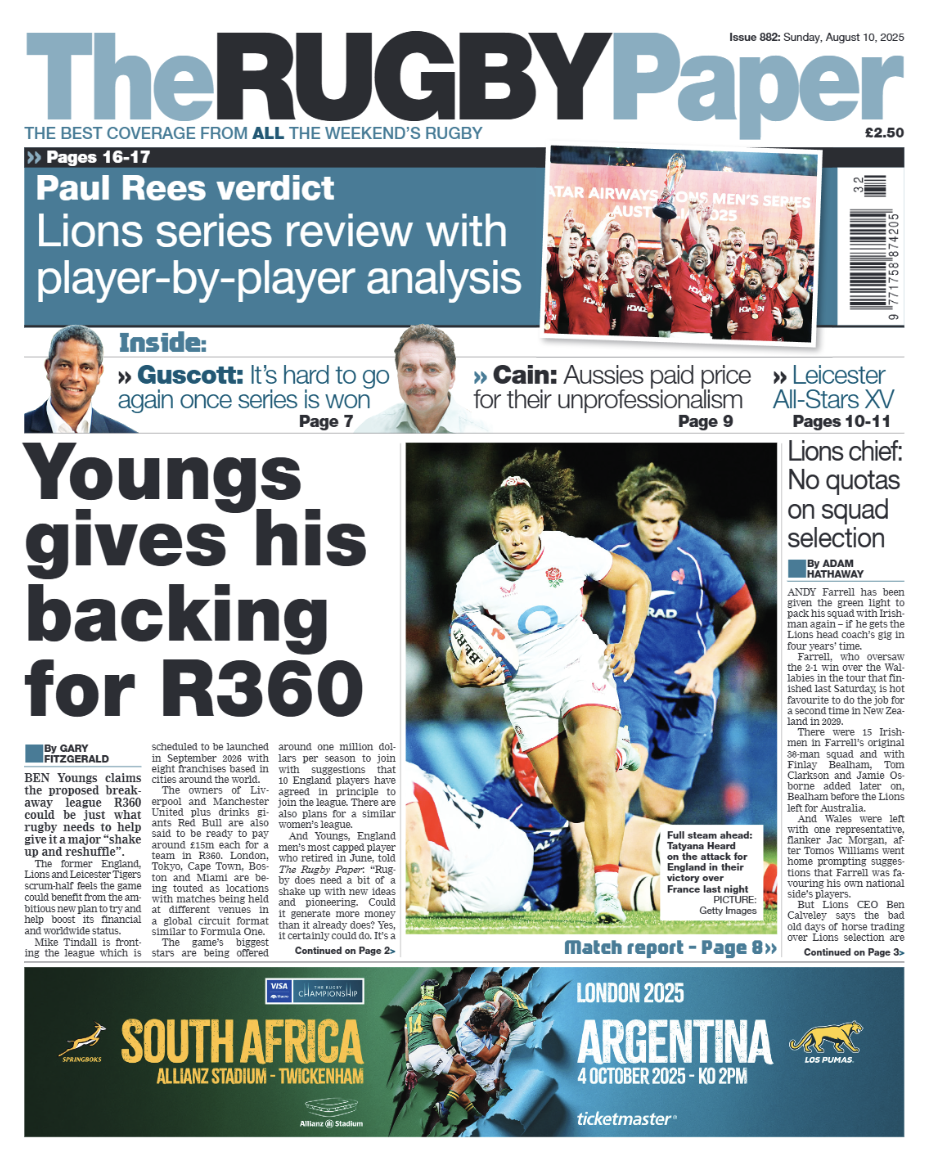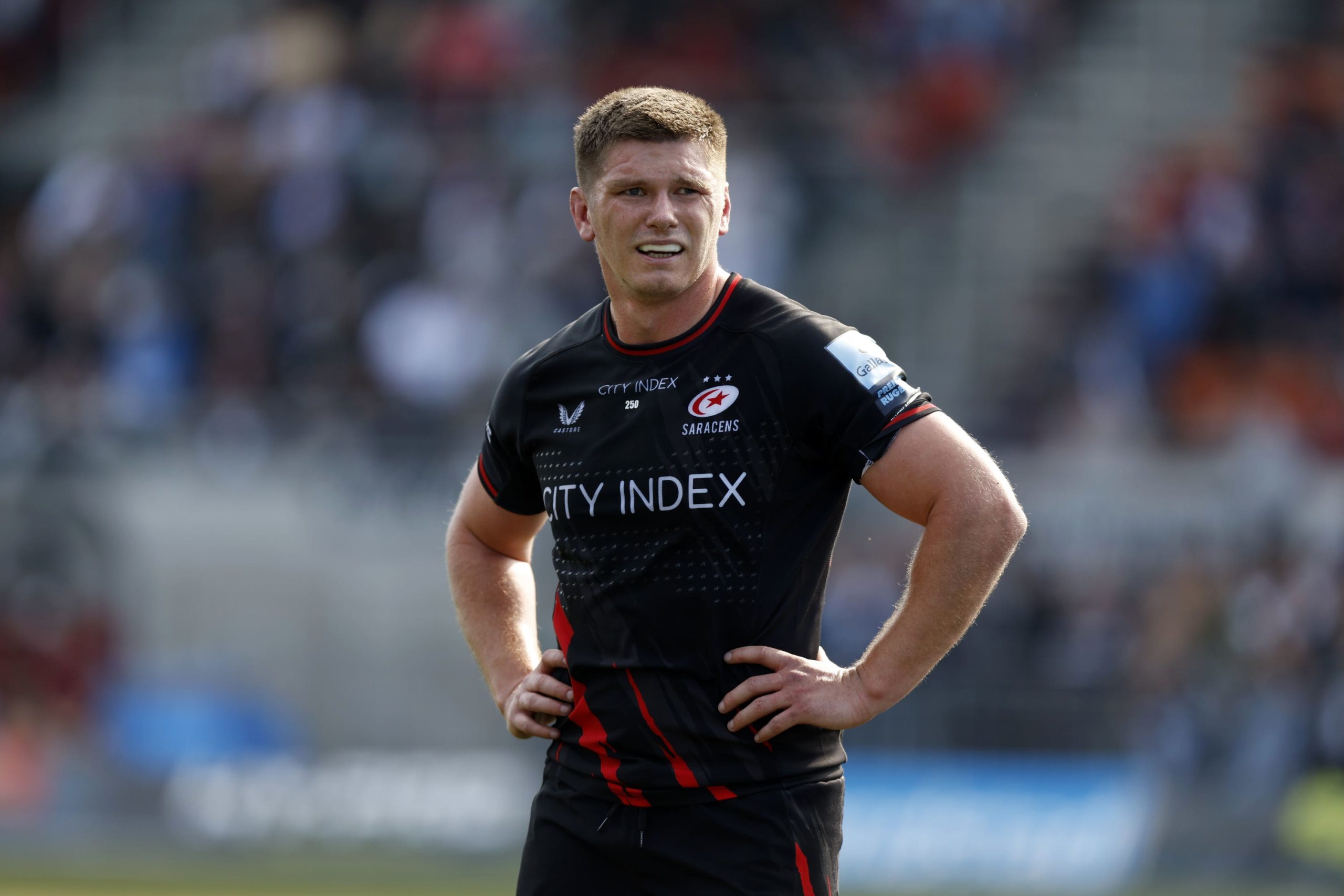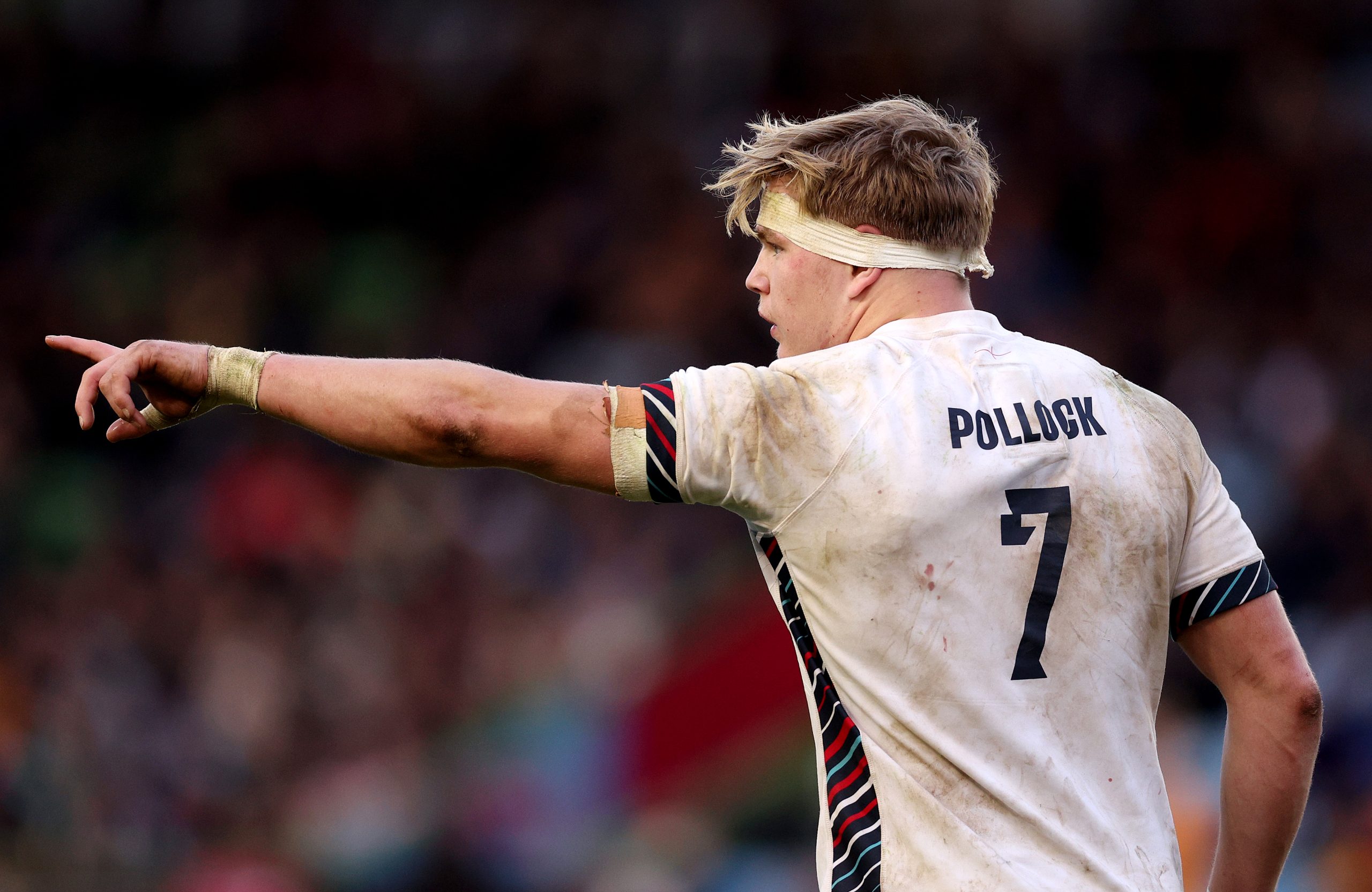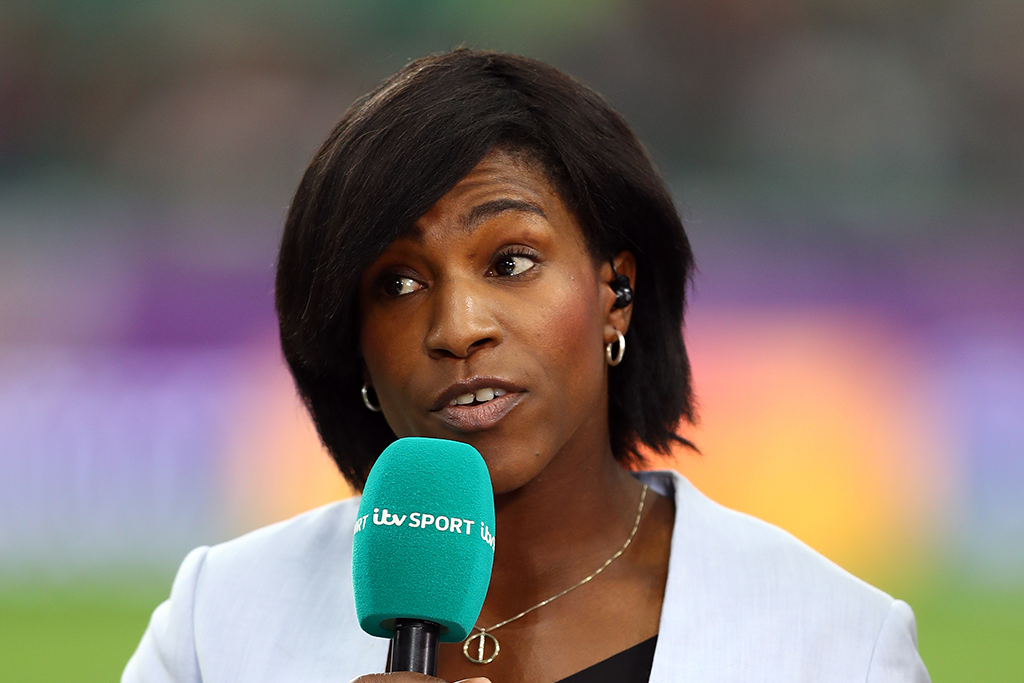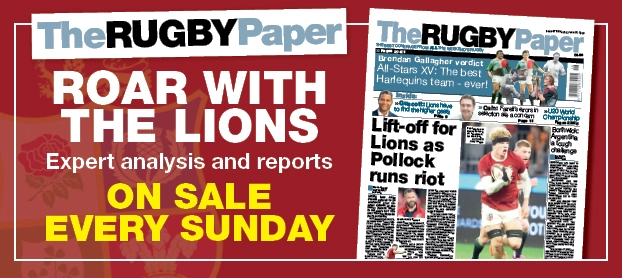Latest News
So many hurdles to a proper coalition
More in Latest News
-
England’s Elite Player Squad Analysis: Eight new names including Henry Pollock and Tom Willis
Steve Borthwick has named the 25 players awarded enhanced Elite Player Squad (EPS) contracts...
-
Maggie Alphonsi: Female Inspiration Driving Change On and Off the Pitch
Maggie Alphonsi, the trailblazing England rugby icon, has become a symbol of female inspiration...
-
Fantasy Rugby 2025-26 – Enter Now
For the latest updates and tables follow this link Do you fancy yourself as...
-
Joe Santamaria: New South American faces in PREM Rugby this season
As the new Prem season draws near and teams begin to finalise their squads,...

